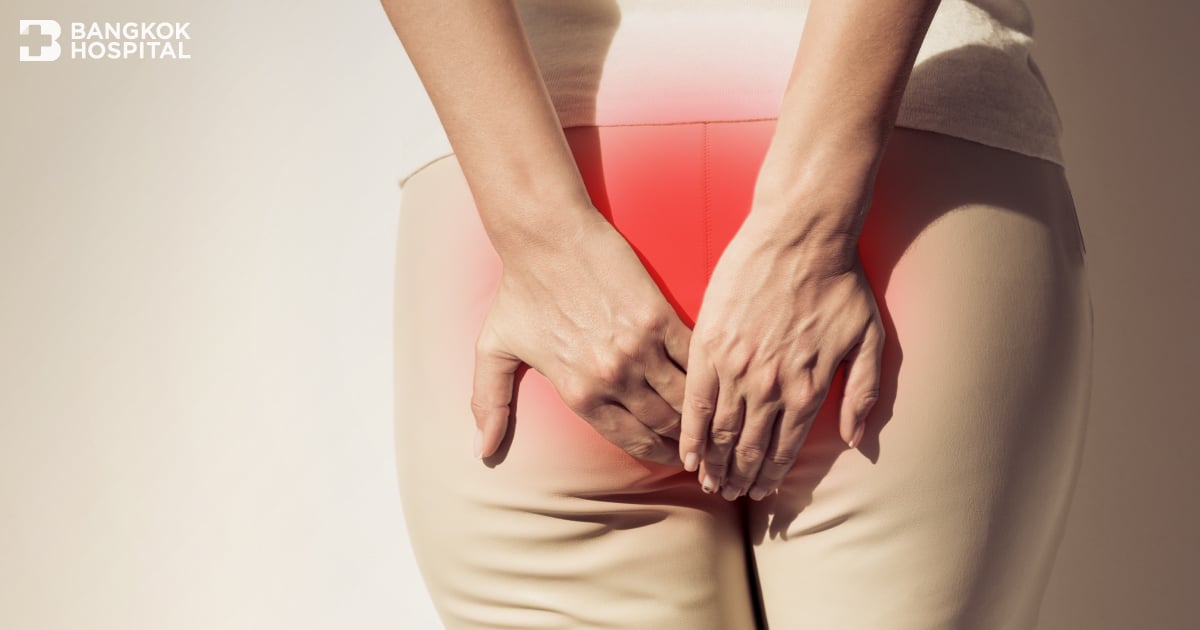
Botulinum Toxin Treats Chronic Severe Anal Fissures Without Surgery
Anal fissures can occur after passing large, hard stools that result in a tear. They can become chronic and evolve into deep fissures extending to the internal sphincter muscles, causing pain and discomfort during bowel movements and affecting daily life. There are various treatment methods, and one option is the injection of Botulinum Toxin, which is effective without the need for surgery.
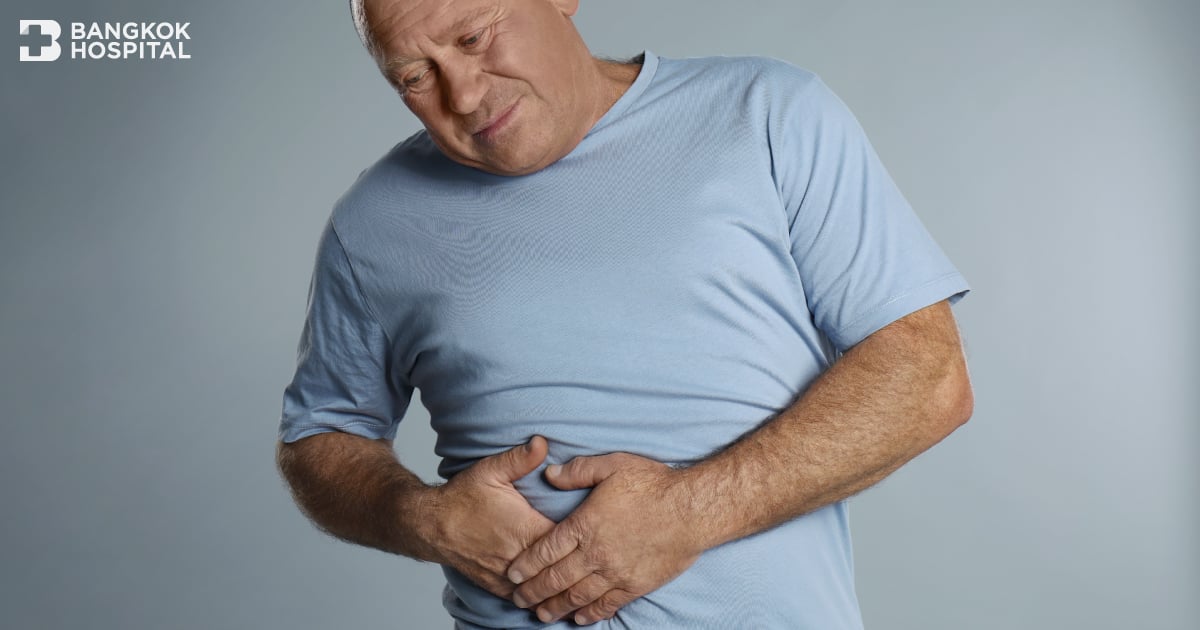
The da Vinci Xi - Robot-assisted system for minimally invasive abdominal surgery
Medical advancements in surgery have continued to expedite the pace of changes, allowing better treatment outcomes for patients who require abdominal surgery, ranging from gallstones to pancreatobiliary diseases, e.g. liver cancer, pancreatic cancer and gallbladder cancer.
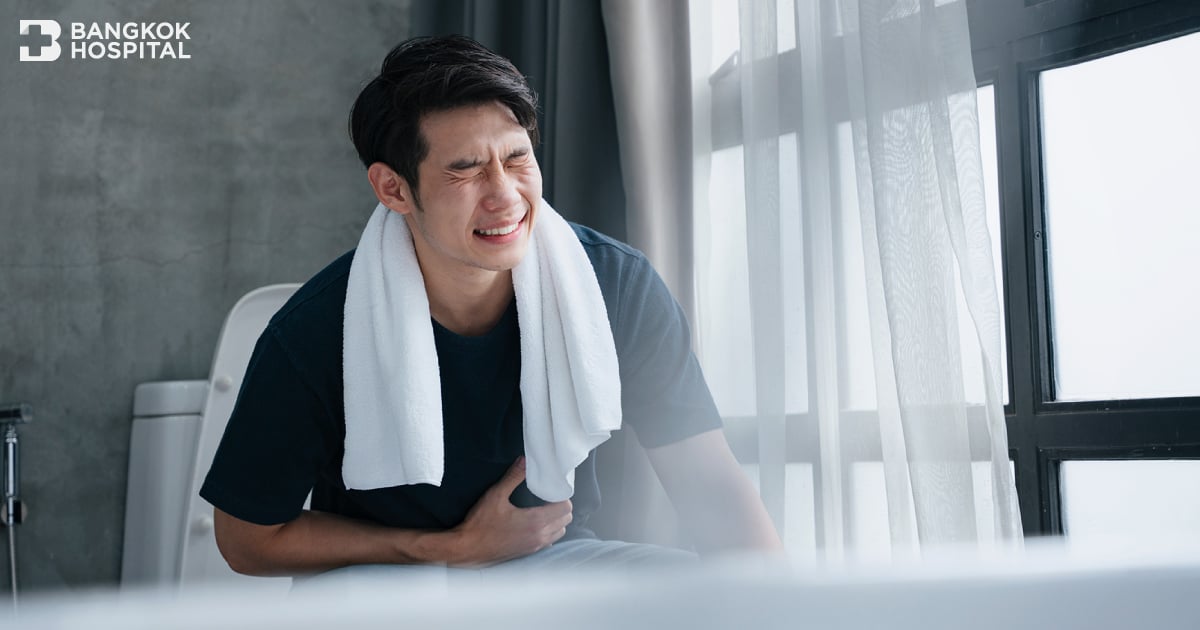
Q&A: CHRONIC CONSTIPATION – DON’T LET IT CAUSE HEMORRHOIDS
When faced with constipation, many usually think it is a normal situation that can be managed through an alteration to their habits or taking laxatives.
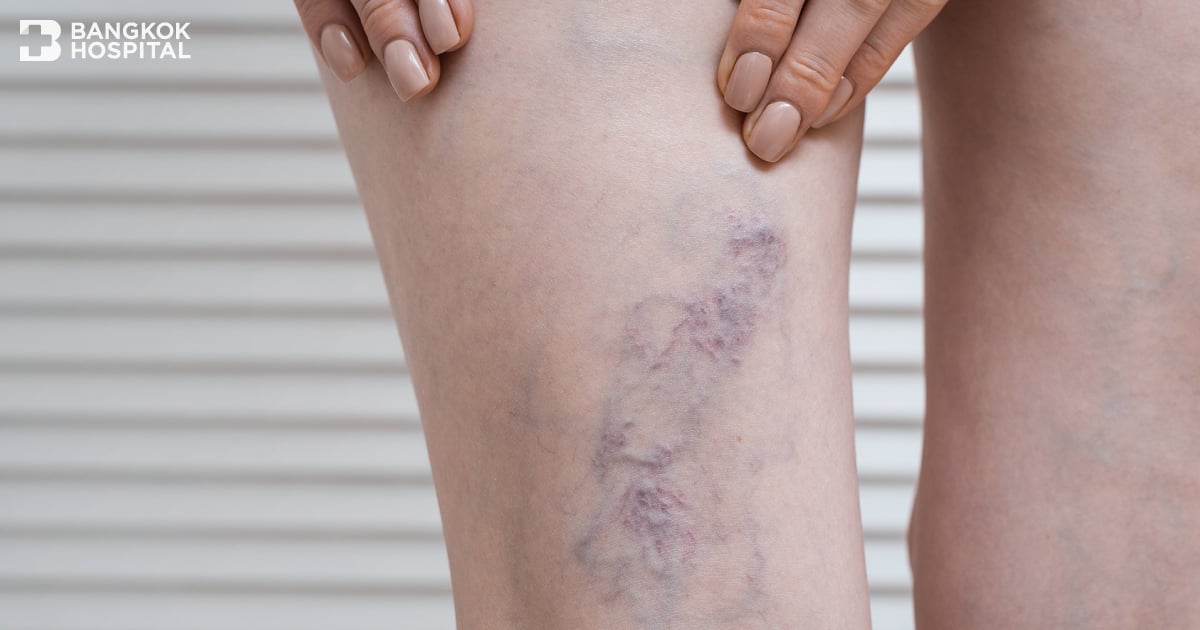
Q&A – Pain of Varicose Veins
Varicose veins are more common in our lives than you think as they directly involve your veins.
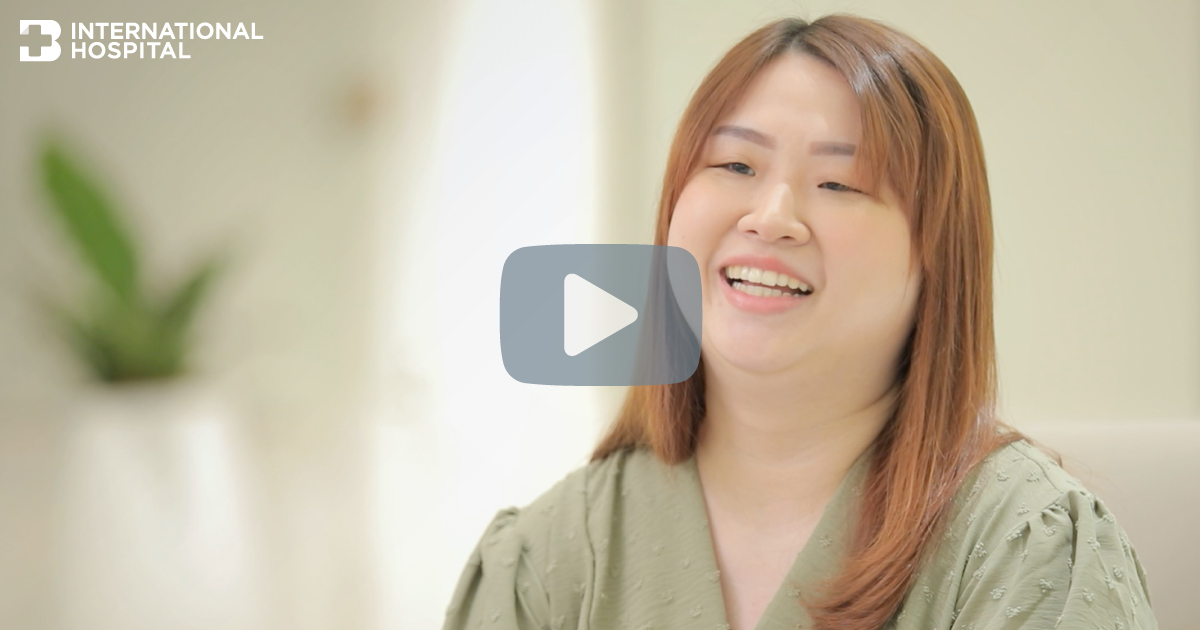
Pancreatic Disease Treatment with ERAS Approach
Accurate diagnose and timely treatment often makes huge difference in treatment outcomes. In Bangkok Hospital highly experienced physicians with state of art diagnose equipment together of ERAS surgery approach to ensure each and every patient with the optimum treatment outcome and a fast-track back to daily life.
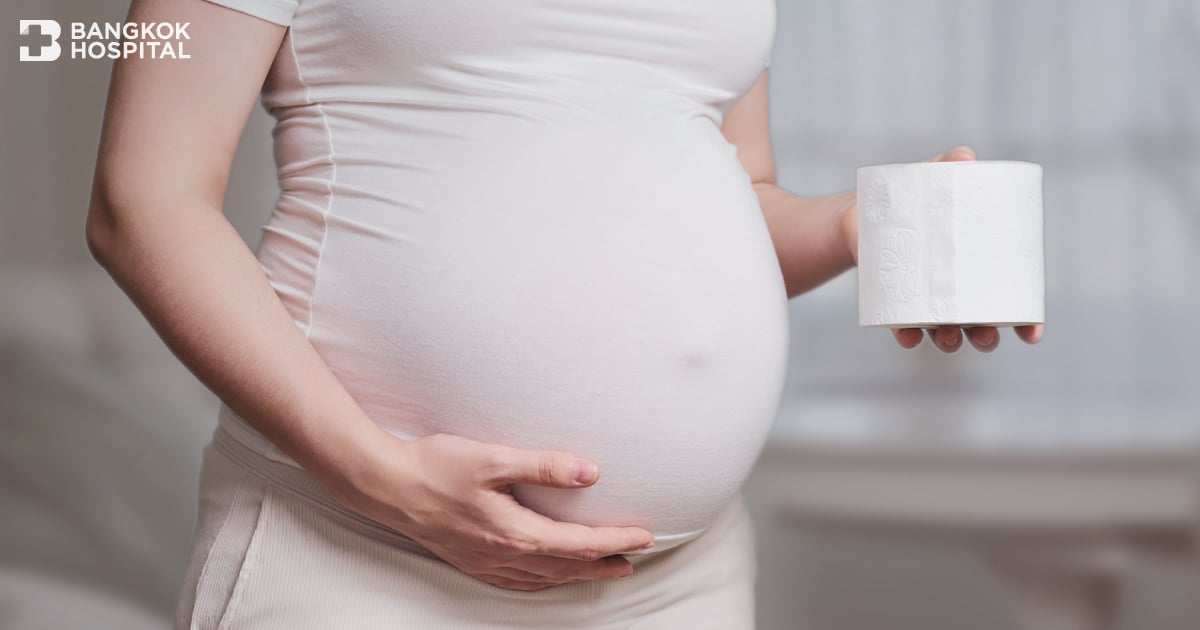
Hemorrhoids During Pregnancy
Pregnant mothers are more likely to have hemorrhoids than most people, especially those who have constipation - hard stool and straining while defecating – have higher chances of developing hemorrhoids. This may cause tears and bleeding, thus expectant moms should take note and consult a doctor as soon as possible.
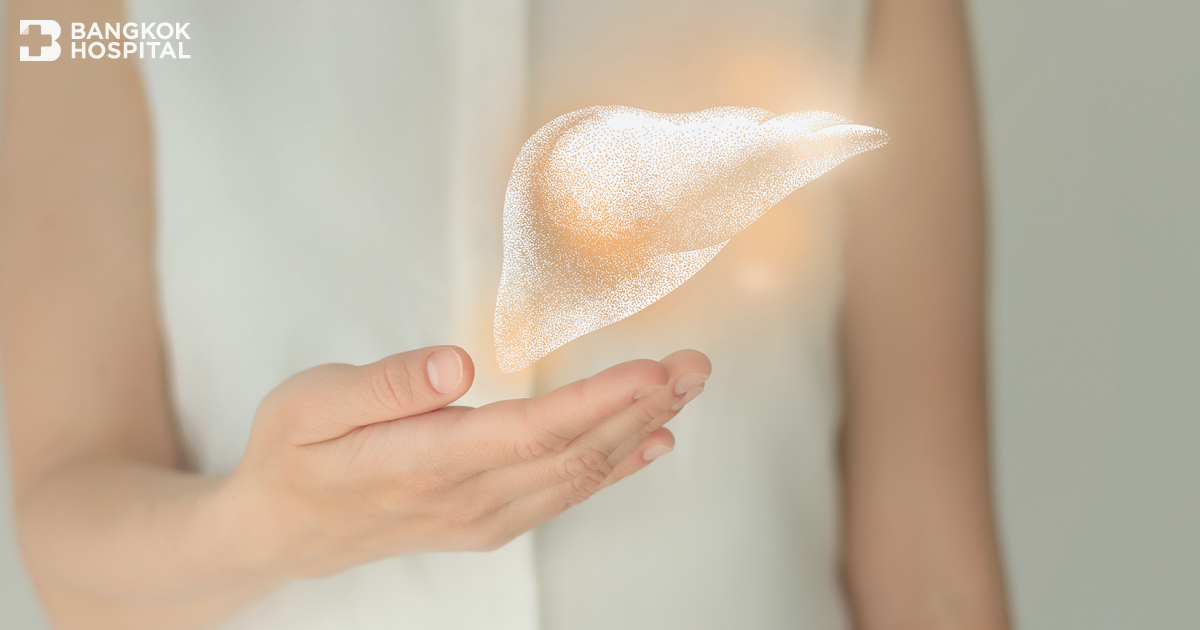
Q&A What You Should Know about Your Liver
There are lots of information that you should know and understand correctly about your liver so you can take care of it in time when there is any problem as well as preventing progressive conditions.
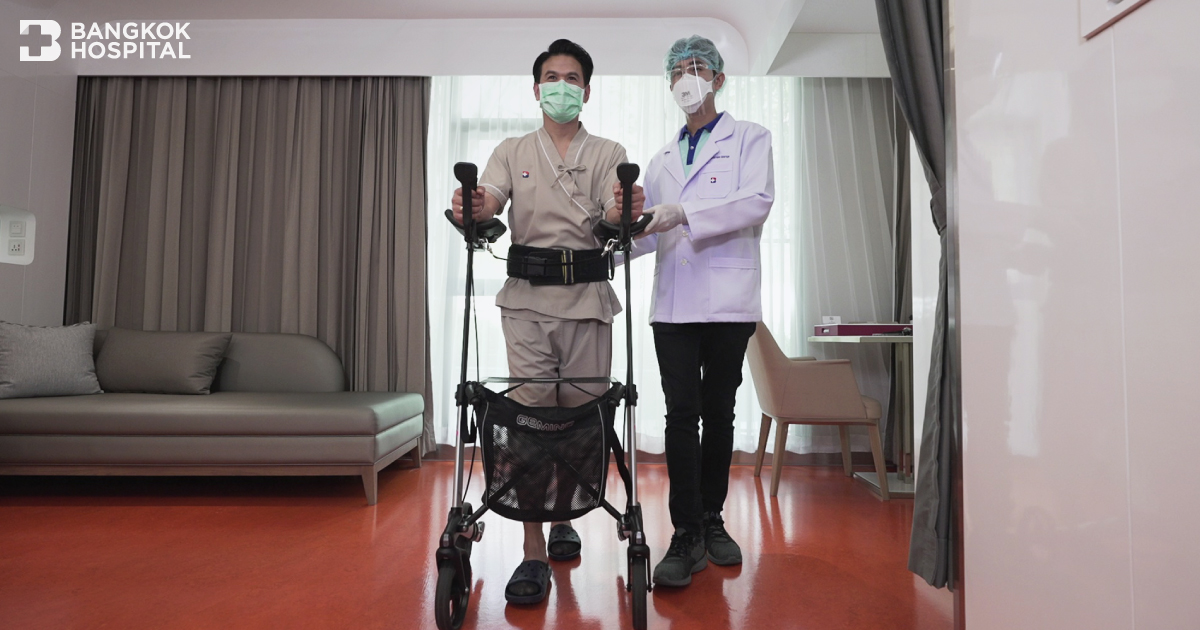
Rehabilitation for Patients Who Have Abdominal Surgery
Preparing yourself emotionally and physically before and after surgery will help prevent or reduce complications that may occur.
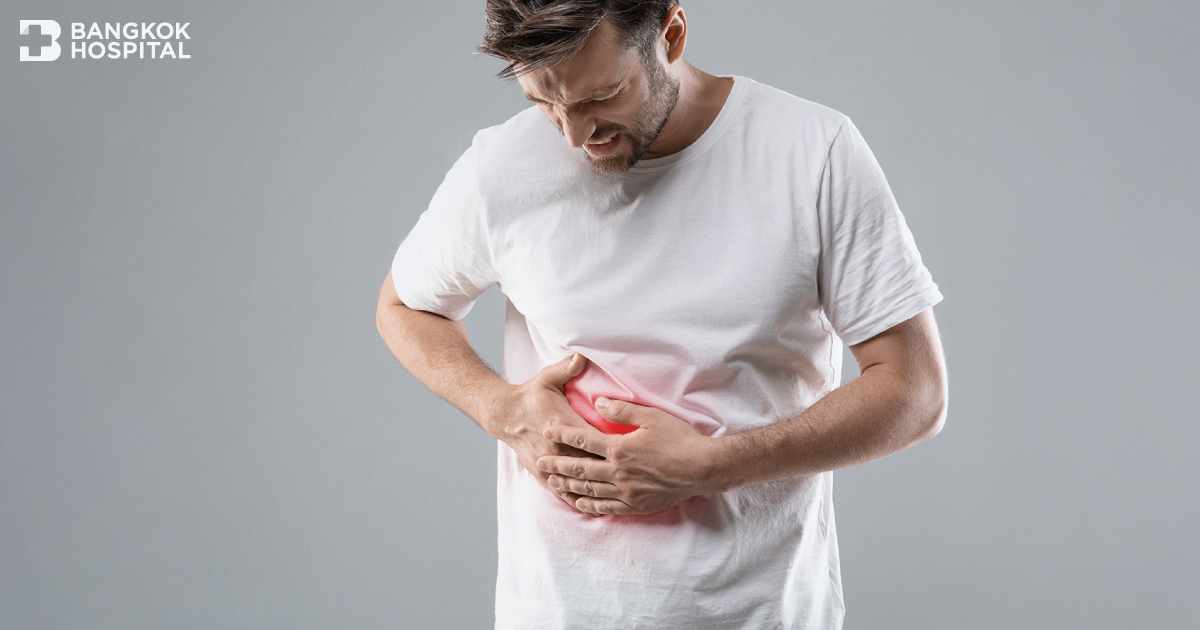
Pancreatic Mass: What Should We Do?
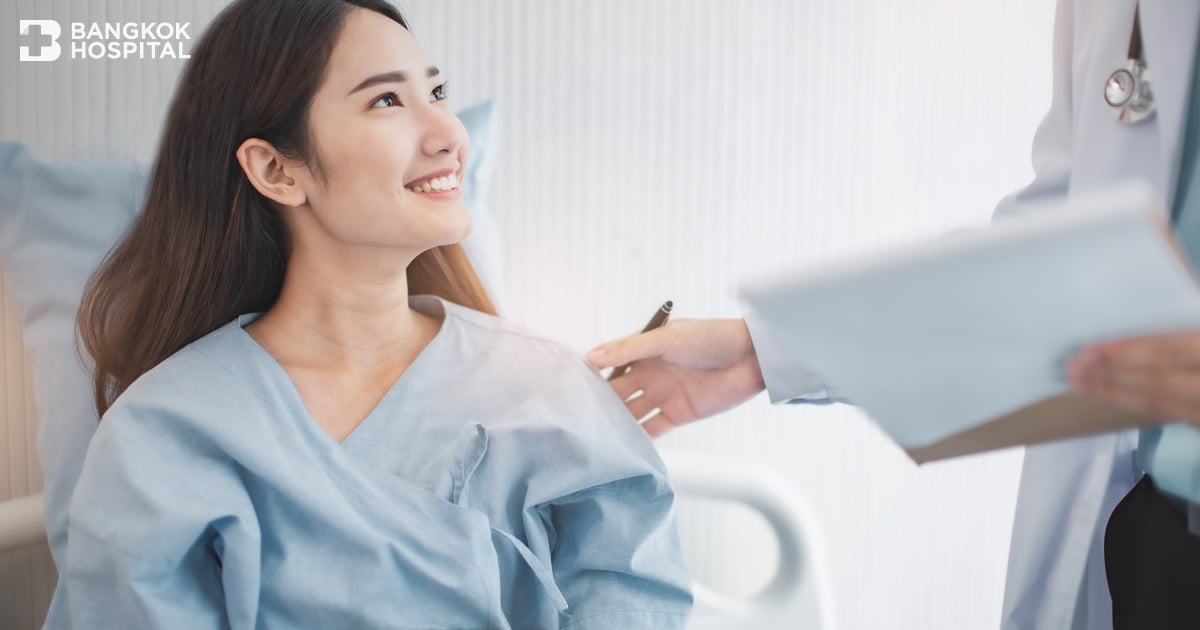
Minimally Invasive Surgery Technology for Liver Recover Quicker with ERAS Program
Enhanced Recovery After Surgery Program (ERAS Program) helps patients recover quicker to return to their normal lives sooner.
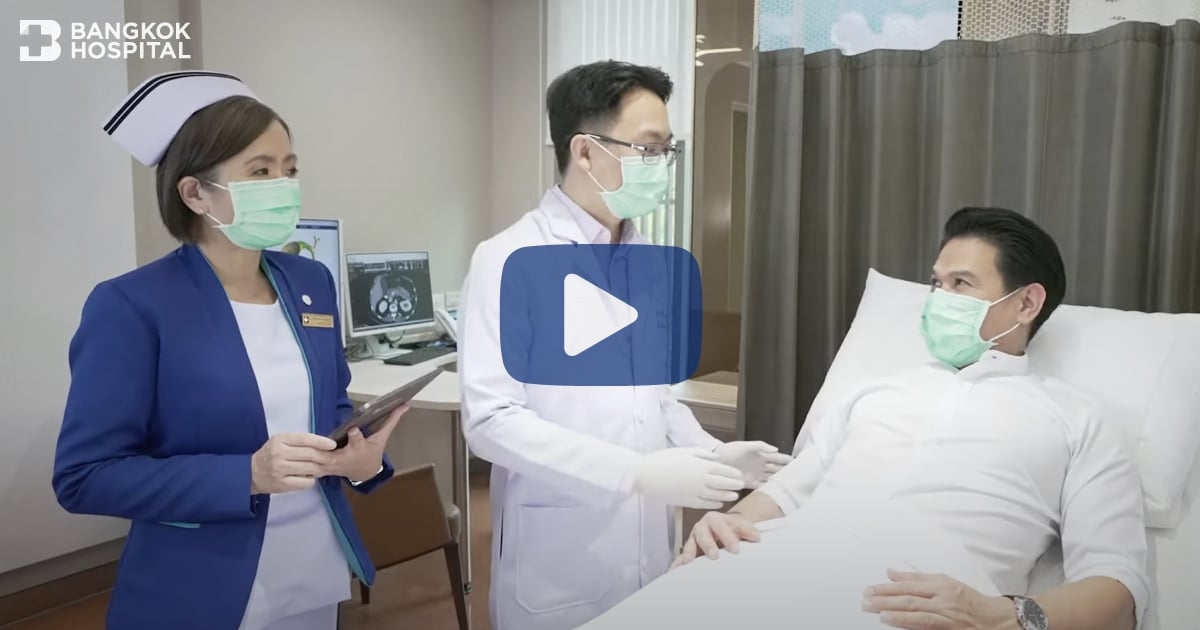
Be Strong For Surgery: Reviving Life, Speedy Recovery with ERAS
ERAS: Enhanced Recovery After Surgery Program is specifically designed to care for patients throughout the treatment process, before, during, and after surgery, until they return home.

Nutrition Therapy After Gallbladder Surgery
The gallbladder is a pouch that stores bile, which helps digest fats in the food you eat. After the gallbladder is removed, bile will still flow through the bile duct directly into the small intestine to digest fat as usual, but it will be less concentrated. Therefore, it is necessary to take special care in what you eat for good health in the long run.
